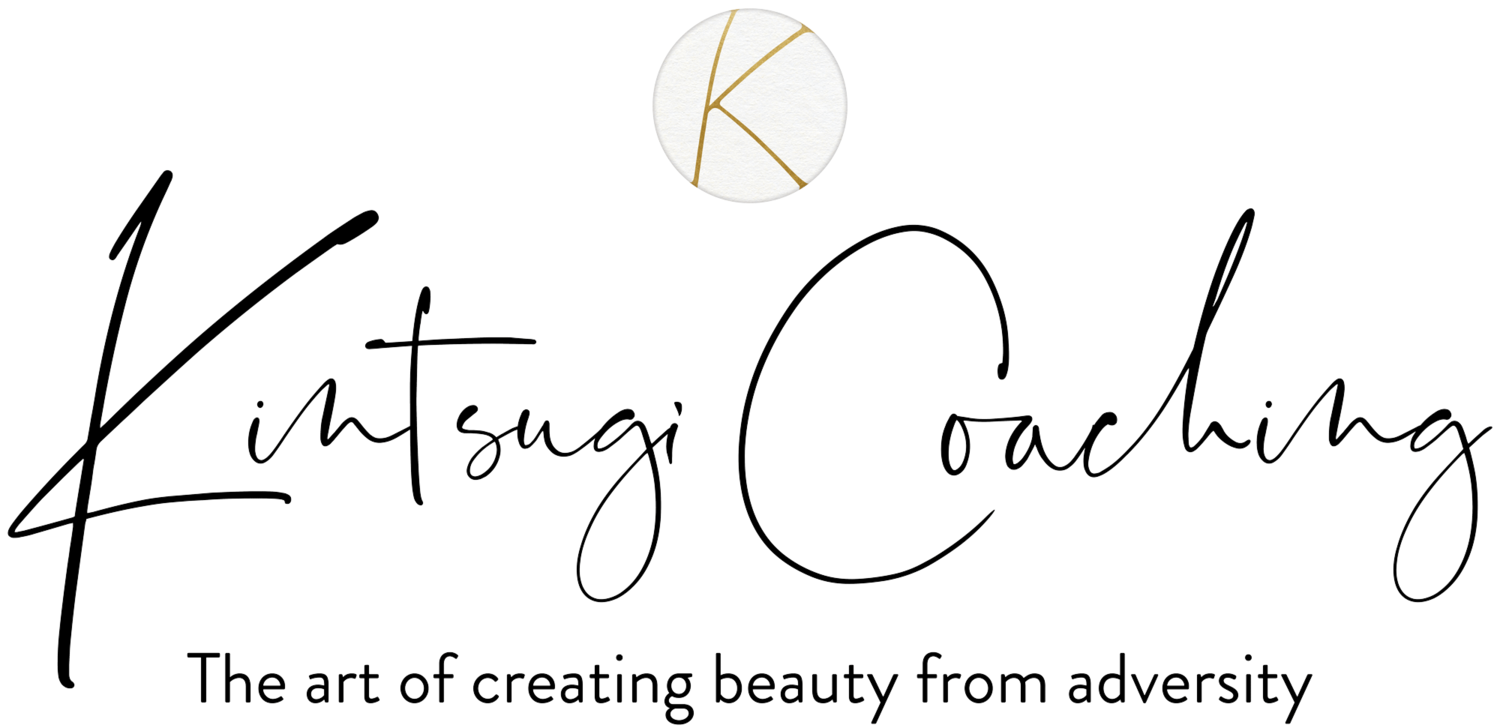Integrity
My stepfather, David, was a great man. He was also a Quaker. I’m not certain which came first: they seem to go together in most cases. His greatness was, above all else, his rare gift of truly, completely, living what he believed. He walked his talk, and his talk was peace, simplicity, kindness, truth, beauty, patience and love. He was the embodiment of integrity.
The common definition of integrity is adherence to moral and ethical principles, the alignment of word and deed. To this I would add belief, so what you believe and what you say and what you do are all one in the same. If you believe that you should treat others as you would be treated, then you won’t cut someone off in traffic. If you espouse that your family is more valuable than your work, then your words and behavior should reflect that; you will spend time with them, listen to them, be fully present, generous of spirit, and affectionate.
If you have integrity, you will keep your promises, to yourself and to others. When I promise my children something, I do not go back on my word, even when I really, really wish I hadn’t made the promise in the first place. Doing this models integrity and imbues trust and respect. If I say I will call someone back, I do. I don’t assume that they will understand, or excuse myself by saying that “everyone is busy.”
There’s another meaning of integrity, however, a more encompassing and powerful one, and this is integrity defined as wholeness. To have deep integrity is to be living in your original state: one with all things, one with the Divine, however you define that. It is remembering who you are on a much larger scale: not just a crazed little personality running around, but a complete being who is connected to the All-That-Is. If you can remember this, if you can live from that place more often than not, then you don’t have to try to have integrity: You are integrity. My stepfather simply acted on his beliefs. They were the fabric of his existence.
It’s so much easier to be integrated than fractured and incomplete. No one expects to leave out the yeast from bread and expect it to rise. We are born from love, whole and complete. Speaking and acting from this original state – a state where there is no separation, no division – lends a beautiful simplicity to our lives. We function seamlessly, without pretense, without falseness or incongruity. As the Quaker hymn says; “Tis a gift to be simple, ‘tis a gift to be free.”

